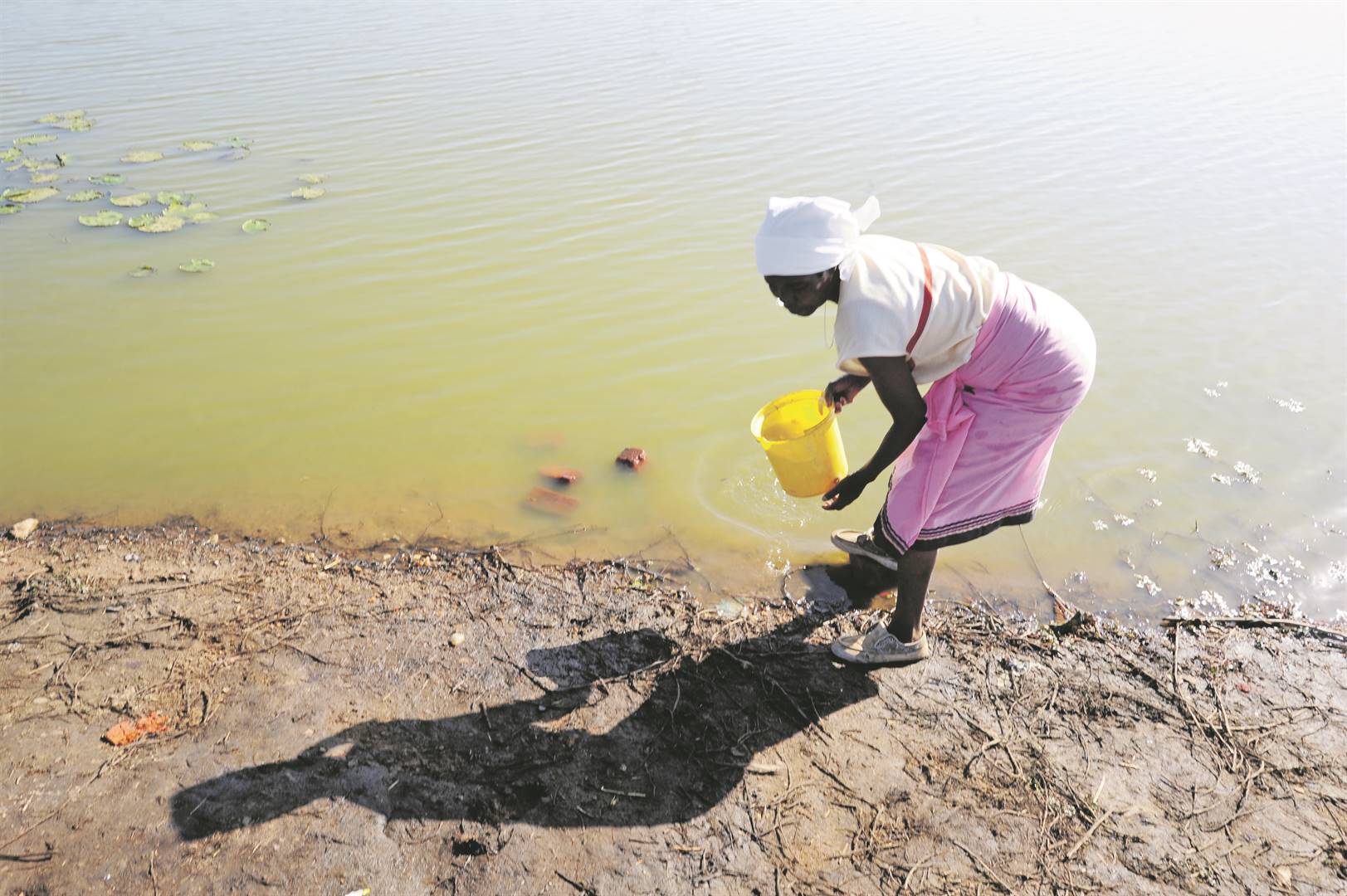
Africa is poised to rewrite the narrative and lead the world by pioneering global sustainable development precisely because of its low industrialisation levels, writes Dhesigen Naidoo.
The demographic dividend, new production revolution, shifting wealth patterns and accelerated urban transition, as well as climate change and the green economy, are the megatrends that will influence this continent’s future, claims the latest analysis in a report called Africa’s Development Dynamics – Growth, Jobs and Inequalities, which was compiled by the African Union Commission in partnership with the Organisation for Economic Cooperation and Development.
By 2063, Africa will constitute 30% of the global population with 3 billion inhabitants, more than doubling the current population of 1.25 billion.
Over and above that, it will be the continent with the most youthful population.
What we do now will determine whether this computes into a demographic dividend or a demographic burden.
For an already underserviced continent with respect to basic needs of water, sanitation, energy, health and nutritional security, the prospect of a doubling of the population in the next 50 years is daunting.
We are rapidly reaching, and in some cases exceeding, the planetary boundary conditions on the one hand, and have the objective of ensuring universal access to these basic services and facilitating economic growth on the other.
But as Pliny the Elder remarked: “Ex Africa semper aliquid novi [There’s always something new coming out of Africa].”
Africa can pioneer global sustainable development, not despite but precisely because of its current low industrialisation levels.
This means that, while the global north has to invest in high-cost retrofitting to switch from the current high carbon, water intensive, waste producing economic model, Africa can leapfrog directly into the sustainable development paradigm.
It already has a wonderful example of this leapfrogging with mobile telephony, which has provided proliferated access to hundreds of millions of Africans while saving most of connected Africa from the eyesore of millions of kilometres of high-maintenance and aesthetically challenging overhead telephone wire networks.
Another critical domain that has this possibility is sanitation.
It is estimated that 570 million people, primarily in sub-Saharan Africa, don’t yet have access to improved sanitation, and if we are to achieve the sustainable development goal for sanitation, this situation has to be reversed by 2030.
This is in an environment of increased water scarcity and although the International Monetary Fund in its Regional Economic Outlook report pegs a continued recovery, it is still a low growth rate forecast of 3.5% this year.
In addition, this is a region with low energy access and security.
In its Energy Access Outlook for 2017, the International Energy Agency concluded that 95% of the 1.1 billion people without access to electricity were in sub-Saharan Africa.
These are difficult boundary conditions. It will take high levels of innovation, creativity and ingenuity to meet the development goals and lay the foundations of sustainable development within this framework.
Fortunately, we have already achieved some important starting points. One of these is in sanitation.
The Water Research Commission, together with its local and international partners – many working under the banner of the Bill and Melinda Gates Foundation Reinvent the Toilet programme – have developed a suite of cutting-edge innovative technologies and solutions that have the potential to revolutionise sanitation.
These state-of-the-art technologies share the following characteristics: Firstly, they are designed to use less than a litre of water per flush, with some using no water at all.
Secondly, the engineering genius at the back end means on-site or decentralised safe and hygienic treatment of the waste.
This means financial savings in construction costs as the kilometres of massive sewerage pipelines as well as large wastewater treatment plants are no longer needed.
This comes with the saving of the huge quantities of water that conveys the human waste vast distances to the treatment works as required by the current model.
Add to this the huge energy savings in the treatment works themselves and you already have an amazing trinity of efficiencies – water, power and money – precisely in the areas of greatest scarcity on the continent.
The boon does not stop there.
Add to this the beneficiating of the waste on site ranging from using the waste in basic ways like for fertilisers and first level energy source through biochar, to more sophisticated value addition through biogas capture, protein and lipid extraction.
This will create the beginnings of an innovative, 21st-century industrial value chain. With this comes the promise of greater economic growth, enterprise development and job creation.
This will facilitate our ability as a continent to meet our development goals, as well as create the mechanisms for our partners in Asia, Latin America and other parts of the global south to be able do the same.
If we manage to achieve this, we will be introducing a model for low-cost, high-beneficiation, low-water, low-energy and low-carbon sanitation.
If we go further than the development goals to making this a pivot point to revolutionise sanitation provision with large-scale adoption, meaning the conversion in the global north as well, we have the bedrock of true sustainable development.
In this Africa Month, let’s re-engage the possibility of the African century, where this continent leads in the shaping of a better Africa and a better world.
Naidoo is chief executive of the Water Research Commission




 Publications
Publications
 Partners
Partners








